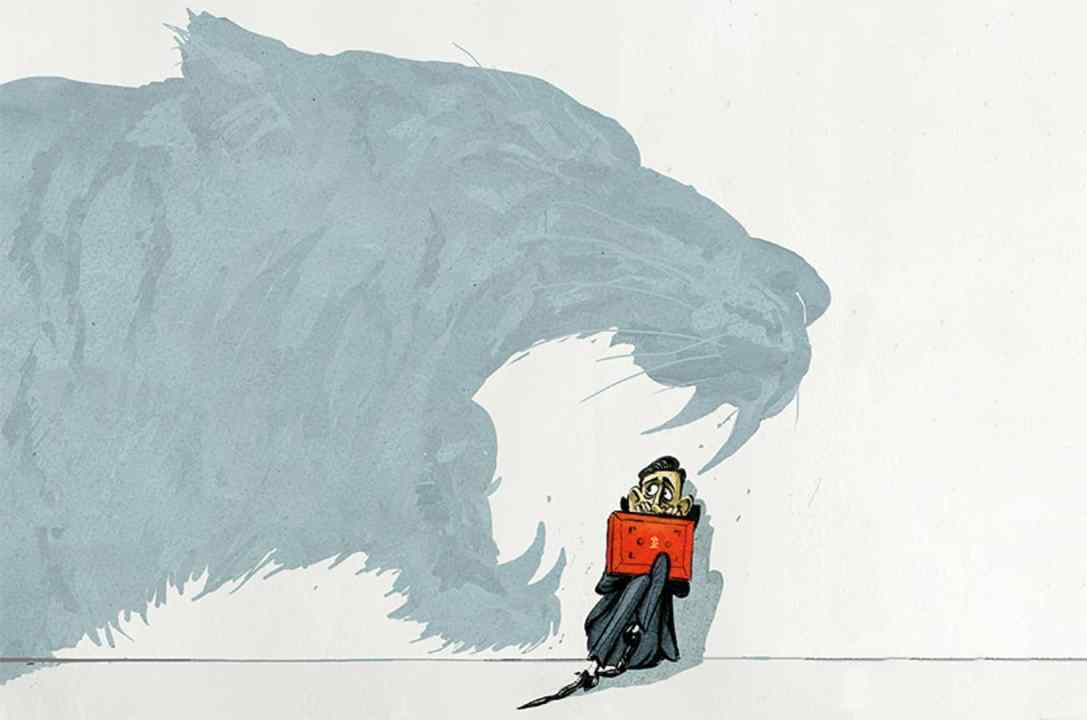The amount the state takes out of the economy will rise to the highest level in 70 years. An unreformed public sector will be showered with cash, with the health service allowed to spend whatever it likes. A tax system that was already creaking under the weight of its own complexity has just been made slightly more complicated, and it has been made a lot less competitive.
The Chancellor Rishi Sunak with his usual panache sailed through his Budget yesterday. The problem, however, is this. While he might get away with pushing up taxes and spending for now, sooner or later it is going to catch up with him. And in truth, he has just blown his premiership.
Together with the Prime Minister he is creating a big state, high tax, lavish spending paternalistic version of One Nation Toryism
It is slightly hard to understand why Sunak even needed a Budget yesterday. He has already pushed up corporation tax, abolished the triple lock on pensions, and introduced a whole new tax, the health and social care levy. Compared to all that, whatever he announced was always likely to be slightly dull. But amid the fiddly changes to beer duty and the air passenger levy, Sunak confirmed the broad direction of travel. Together with the Prime Minister he is creating a big state, high tax, lavish spending paternalistic version of One Nation Toryism.
And yet, there is a catch, and one that especially applies to Sunak. To adapt Mrs Thatcher’s lethally accurate description of socialism, the problem with Rishi-ism is ‘that eventually you run out of other people’s money’. The Chancellor clearly has his eyes on becoming prime minister sometime in 2025 or 2026 after the Prime Minister departs to start making some serious money. And, in fairness, he has all the qualities to make an excellent PM. He is smart, fluent, competent, and a great communicator. The Conservative party has no one else close to his raw talent.
But he should be laying the groundwork for the 2025 to 2030 economy now. What would that involve? Sunak should be seizing the opportunities of Brexit to make sure the UK has the most flexible, light-touch, innovation-friendly regulatory regime in the developed world. He should be cutting taxes on business so that Britain becomes a haven for entrepreneurs – especially from Joe Biden’s high-tax America – as well as a natural European hub for multinationals. And he should be reforming the state, redefining what it can and can’t do, so that the 40 per cent of GDP that it controls performs as efficiently as the 60 per cent it doesn’t.
With a big Conservative majority, an economy bouncing back from Covid, and the option of blaming any short-term disruption on Brexit, there would be plenty of political space to make major reforms. They would take four or five years to pay off, just in time for Prime Minister Sunak to reap the dividends. But he has blown it, and opted for quick fixes, gimmicks and short-term popularity instead. And by the time he gets to No. 10, if that is what happens, it will be too late to change that – and he will be stuck with an economy that is starting to fall apart.







Comments